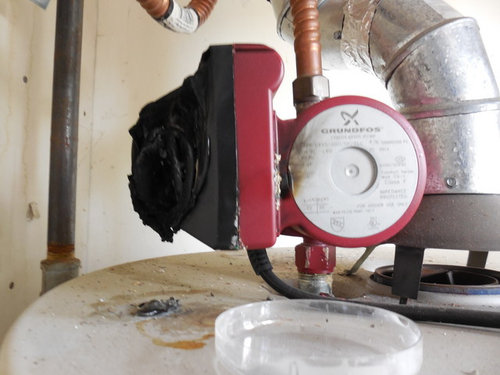Grundfos recirculating pump caught fire
noblehouse
9 years ago
Related Stories

KITCHEN DESIGNHow to Choose the Right Hood Fan for Your Kitchen
Keep your kitchen clean and your home's air fresh by understanding all the options for ventilating via a hood fan
Full Story
CONTRACTOR TIPSBuilding Permits: What to Know About Green Building and Energy Codes
In Part 4 of our series examining the residential permit process, we review typical green building and energy code requirements
Full Story
LIFE6 Ways to Cool Off Without Air Conditioning
These methods can reduce temperatures in the home and save on energy bills
Full Story









klem1
jakethewonderdog
Related Professionals
Millbury Handyman · Beachwood Kitchen & Bathroom Remodelers · 93927 Kitchen & Bathroom Remodelers · Athens Kitchen & Bathroom Remodelers · Fort Pierce Kitchen & Bathroom Remodelers · Green Bay Kitchen & Bathroom Remodelers · Independence Kitchen & Bathroom Remodelers · North Arlington Kitchen & Bathroom Remodelers · Pearl City Kitchen & Bathroom Remodelers · Salinas Kitchen & Bathroom Remodelers · Trenton Kitchen & Bathroom Remodelers · Middlesex Kitchen & Bathroom Remodelers · Phillipsburg Kitchen & Bathroom Remodelers · Fairmont Kitchen & Bathroom Remodelers · Ridgefield Park Kitchen & Bathroom Remodelersklem1
jakethewonderdog
jakethewonderdog